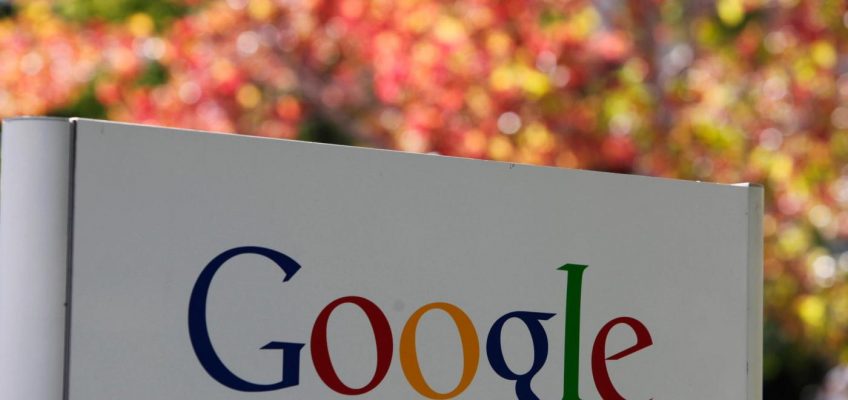By MICHAEL LIEDTKE
A federal judge on Friday gave the U.S. Justice Department until the end of the year to outline how Google should be punished for illegally monopolizing the internet search market and then prepare to present its case for imposing the penalties next spring.
The loose-ended timeline sketched out by U.S. District Judge Amit Mehta came during the first court hearing since he branded Google as a ruthless monopolist in a landmark ruling issued last month.
Mehta’s decision triggered the need for another phase of the legal process to determine how Google should be penalized for years of misconduct and forced to make other changes to prevent potential future abuses by the dominant search engine that’s the foundation of its internet empire.
Attorneys for the Justice Department and Google were unable to reach a consensus on how the time frame for the penalty phase should unfold in the weeks leading up to Friday’s hearing in Washington D.C., prompting Mehta to steer them down the road that he hopes will result in a decision on the punishment before Labor Day next year.
To make that happen, Mehta indicated he would like the trial in the penalty phase to happen next spring. The judge said March and April look like the best months on his court calendar.
If Mehta’s timeline pans out, a ruling on Google’s antitrust penalties would come nearly five years after the Justice Department filed the lawsuit that led to a 10-week antitrust trial last autumn. That’s similar to the timeline Microsoft experienced in the late 1990s when regulators targeted them for its misconduct in the personal computer market.
The Justice Department hasn’t yet given any inkling on how severely Google should be punished. The most likely targets are the long-running deals that Google has lined up with Apple, Samsung, and other tech companies to make its search engine the default option on smartphones and web browsers.
In return for the guaranteed search traffic, Google has been paying its partners more than $25 billion annually — with most of that money going to Apple for the prized position on the iPhone.
In a more drastic scenario, the Justice Department could seek to force Google to surrender parts of its business, including the Chrome web browser and Android software that powers most of the world’s smartphones because both of those also lock in search traffic.
In Friday’s hearing, Justice Department lawyers said they need ample time to come up with a comprehensive proposal that will also consider how Google has started to deploy artificial intelligence in its search results and how that technology could upend the market.
Google’s lawyers told the judge they hope the Justice Department proposes a realistic list of penalties that address the issues in the judge’s ruling rather than submit extreme measures that amount to “political grandstanding.”
Mehta gave the two sides until Sept. 13 to file a proposed timeline that includes the Justice Department disclosing its proposed punishment before 2025.


Leave a Reply